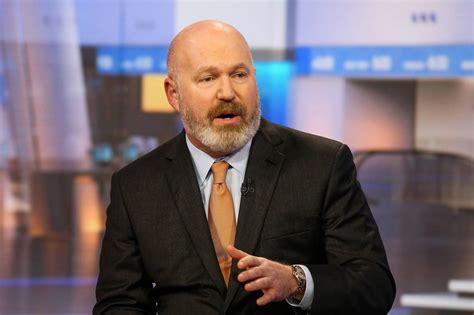A Quote by Peter Thiel
I think that markets classically fail in cases where there are public goods that provide benefits that people cannot capture. The big debate is how big these public goods are, where they exist, things of that sort.
Related Quotes
What we mean by an outcome will naturally depend on the context. Thus, for a government charged with delivering public goods, an outcome will consist of the quantities provided of such goods as intercity highways, national defense and security, environmental protection, and public education together with the arrangements by which they are financed.
Listing rights generally involves enumerating things you may do without interference (the right to free speech) or may not be done to you without your permission (illegal search and seizure, loud boy-band music in public places). They are protections, not gifts of material goods. Material goods and services must be taken from others, or provided by their labor, so if you believe you have an absolute right to them, and others don't choose to provide it to you, you then have a 'right' to steal from them. But what about their far more fundamental right not to be robbed?

































